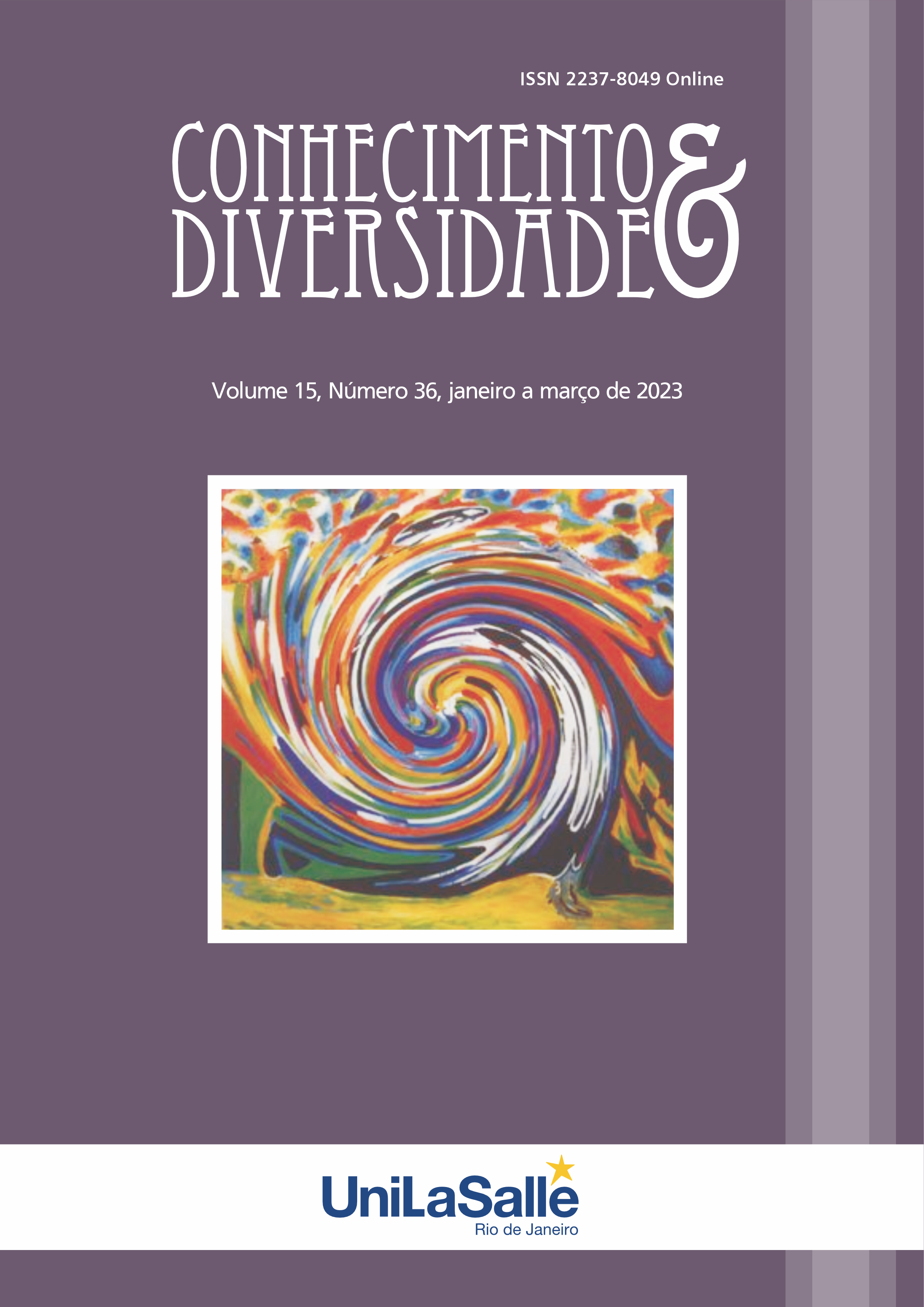"I PAY, I DON'T DENY. I LIVE WHEN I CAN"
INDEBTEDNESS, PRECARIOUSNESS OF TEACHING LIFE AND NEOLIBERAL GOVERNMENTALITY
DOI:
https://doi.org/10.18316/rcd.v15i36.9702Keywords:
Professoras, Endividamento, Neoliberalismo, Governamentalidade, Precarização.Abstract
We present some results of a research that aimed to know the subjective effects of indebtedness for state teachers from Rio Grande do Sul. In this article we focus on analysis and discussion about the production of indebtedness of female teachers and the precariousness of their lives due to neoliberal rationality. The research, whose methodology was composed between an analysis of archaeogical inspiration and the cartographic process, included interviews with eight teachers and analysis of articles from newspapers of wide circulation, the union of teachers, cartoons and reports on the Internet on the theme. Here, we analyse the impacts of neo-liberal governmentality in the condition and daily life of female teachers, considering the austerity policies conducted by state governments, the effects of public debt and the conception of the neo-liberal homo oeconomicus, addressed by Michel Foucault. The neoliberal logic structures the conduct of subjects as entrepreneurs of themselves, with an emphasis on competition and accountability of individuals. We discuss the issue of debt as biopolitics, the implications of the financial and moral indebtedness of teachers and the proletarianization of the profession, which led us to highlight a notion of precariousness not only corresponding to the low remuneration received by teachers, but of life itself; under these circumstances, the (mere) survival is normalized and the credit for "living" is ensured. We conclude by discussing the mutation of the popular saying that opens the title, trying to link indebtedness and precariousness of life, an approach that we believe needs to be further studied.
Downloads
Published
Issue
Section
License
Copyright (c) 2023 Conhecimento & Diversidade

This work is licensed under a Creative Commons Attribution 4.0 International License.
As recommended by the Public Knowledge Project, RCD adopts for its articles a CREATIVE COMMONS Attribution CC BY 4.0 license.
This license allows others to distribute, remix, adapt and build upon your work, even commercially, as long as they credit you for the original creation.
This is the most appropriate license offered.
Recommended for maximum dissemination and use of licensed materials.



